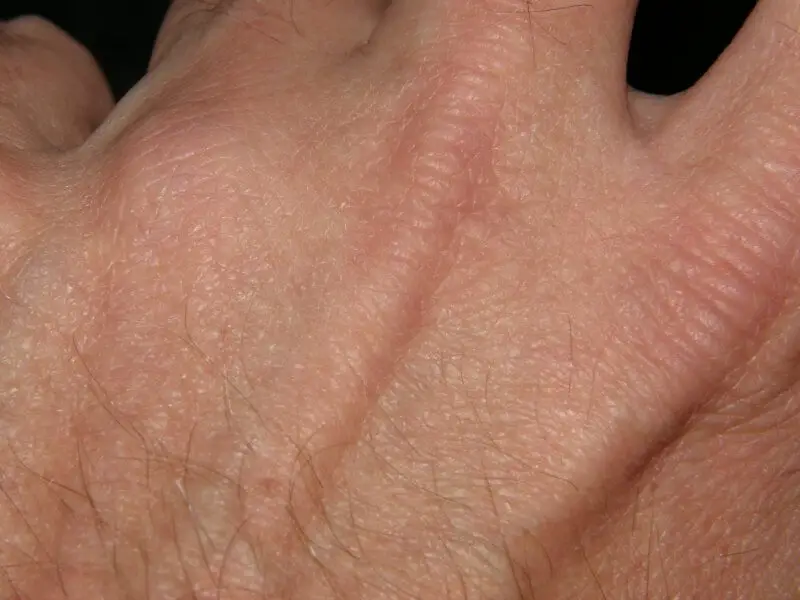
Most people have a vague idea of what’s good and bad for our skin, but since we don’t understand the biology involved, we either do nothing or the wrong things, says skin-care expert Ron Cummings.
“How many times do we find mixed reports on health? Are eggs good or bad for you? Too much sun is bad, but so is too little – there’s so much information overload, many people shrug off what they don’t fully comprehend,” says Cummings, founder and CEO of AminoGenesis Skin Care, (www.aminogenesis.com).
Skin Expert Shares Tips – and Why They Work
In addition to environmental factors, such as smoke and excessive sun exposure, there are two primary biological processes that age our skin: oxidization and glycation, he says. Despite antioxidants being all the rage in recent years, few people are aware of what occurs through glycation – the process antioxidants are intended to combat.
“Glycation happens when a sugar molecule bonds with a protein. The protein then becomes misshapen. Collagen, which makes our skin look smooth and plump, is a protein that’s particularly vulnerable. Cell damage through glycation results in wrinkles, lines and discoloration,” he says.
To maintain youth – and even reverse some of that damage – Cummings offers these tips:
• Monitor your alcohol intake. Alcohol causes skin to get puffy and flush with dilated blood vessels. Over time, even moderate intake can cause permanent spider veins on one’s face, chest, abdomen, arms, and hands. Damaged vessels leak, which causes discoloration and puffiness. Alcohol worsens common skin diseases such as psoriasis and rosacea; causes dehydration, which makes skin sag; causes a deficiency in nutrients, and impairs immune systems. The moderate intake of red wine, however, may help skin because red grapes are filled with antioxidants.
• Try to cut out most sugar. Americans average 150 pounds of sugar intake each year, according to the American Heart Association, and most eat and drink two to four times the amount they should. Sugar is a ubiquitous ingredient in the American diet and can be found in drinks and condiments. Sugar molecules – especially refined sugar, which is pure sucrose — fuels glycation. In a European study, volunteers were asked to view photos of 602 people; those with the highest sugar intake were deemed to look the oldest. A high-sugar diet is also linked to diabetes.
• Keep an eye out for anti-glycation products. Most topical products maintain the skin’s existing moisture by acting as a barrier. Other products utilize antioxidants to stabilize oxygen molecules that have lost electrons and cause damage to cell membranes when they take electrons from stable molecules. Products with newly discovered plant extracts address glycation by breaking the sugar molecule’s bond with collagen, allowing the protein to return to its original shape.
“A new study of several French [people] who didn’t change their diets showed that just 60 days of regular use of anti-glycation serum made them look eight to 10 years younger,” Cummings says. “I’ve seen the pictures and read the research – it’s stunning.”
About Ron Cummings
Ron Cummings is the founder and CEO of AminoGenesis Skin Care, which utilizes amino acids as the key ingredients to its age- and damage-reversing products. The formula for the solution features 17 plant-purified amino acids, which are necessary for healthy and radiant skin. The company’s formulas include anti-glycation properties, which are very rare in today’s skin-care products. Cummings donated one of his products, a protective agent, to support military forces in Afghanistan and received a hearty letter of gratitude from the Marines of Special Operations Company Bravo, which described the product’s excellent performance, as well as a flag that was flown “in the face of the enemy, over Forward Operating Base Robinson in Sangin, Afghanistan.”


Pingback: Why Understanding Your Skin?s Biology Can Help You Improve Its Look | rasage
Those hands remind of mine during the winter … with regard to the second tip, I really need to kick my Coca-Cola habit … it’s hard, but a big source of sugar in my life!
Comments are closed.